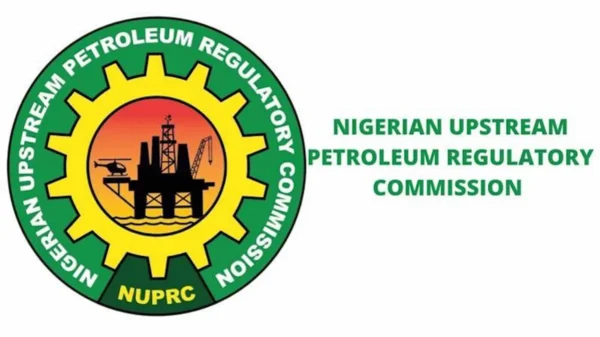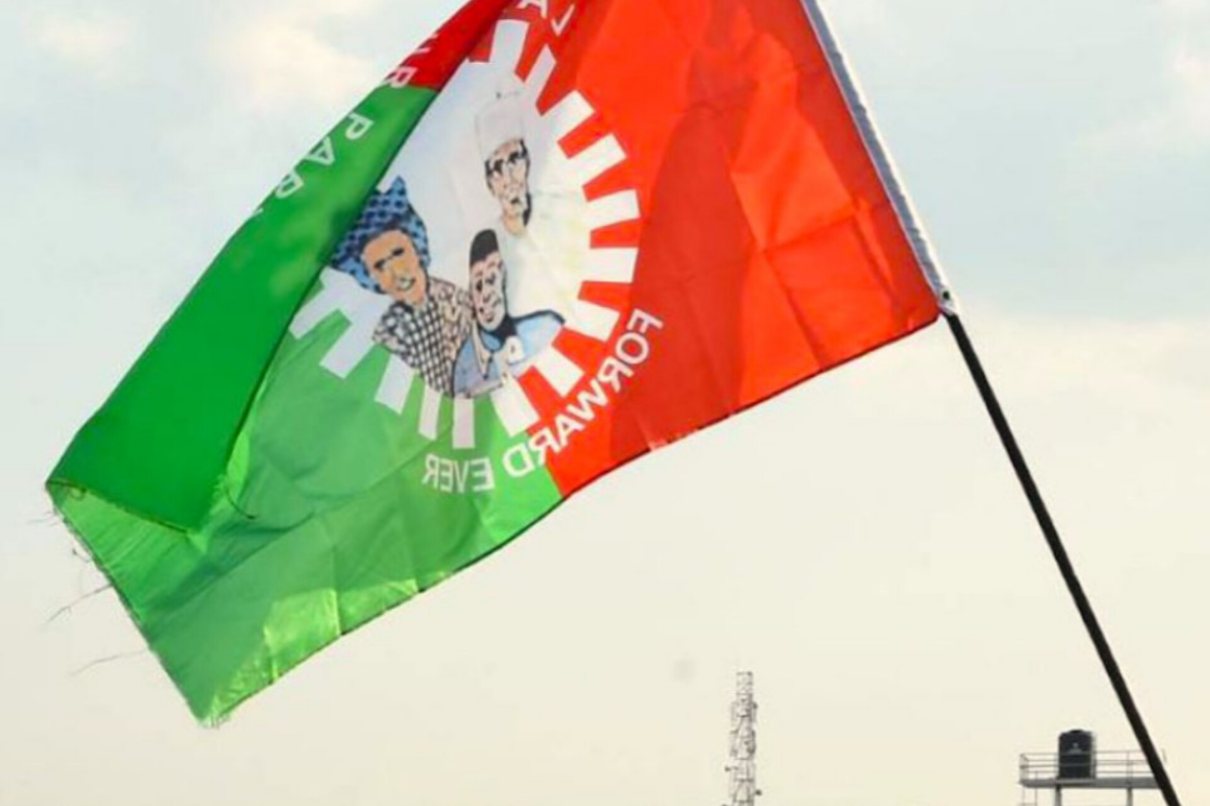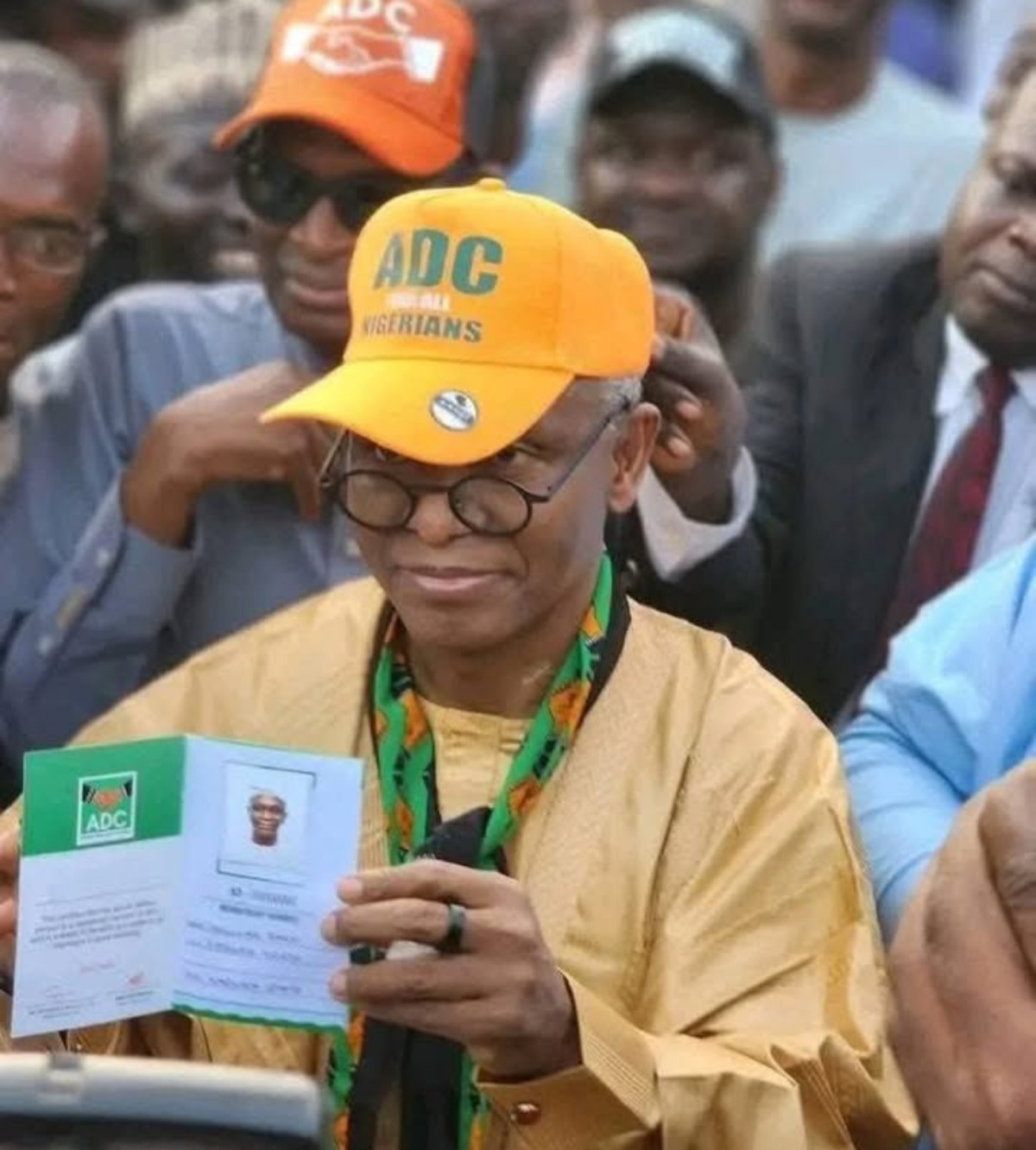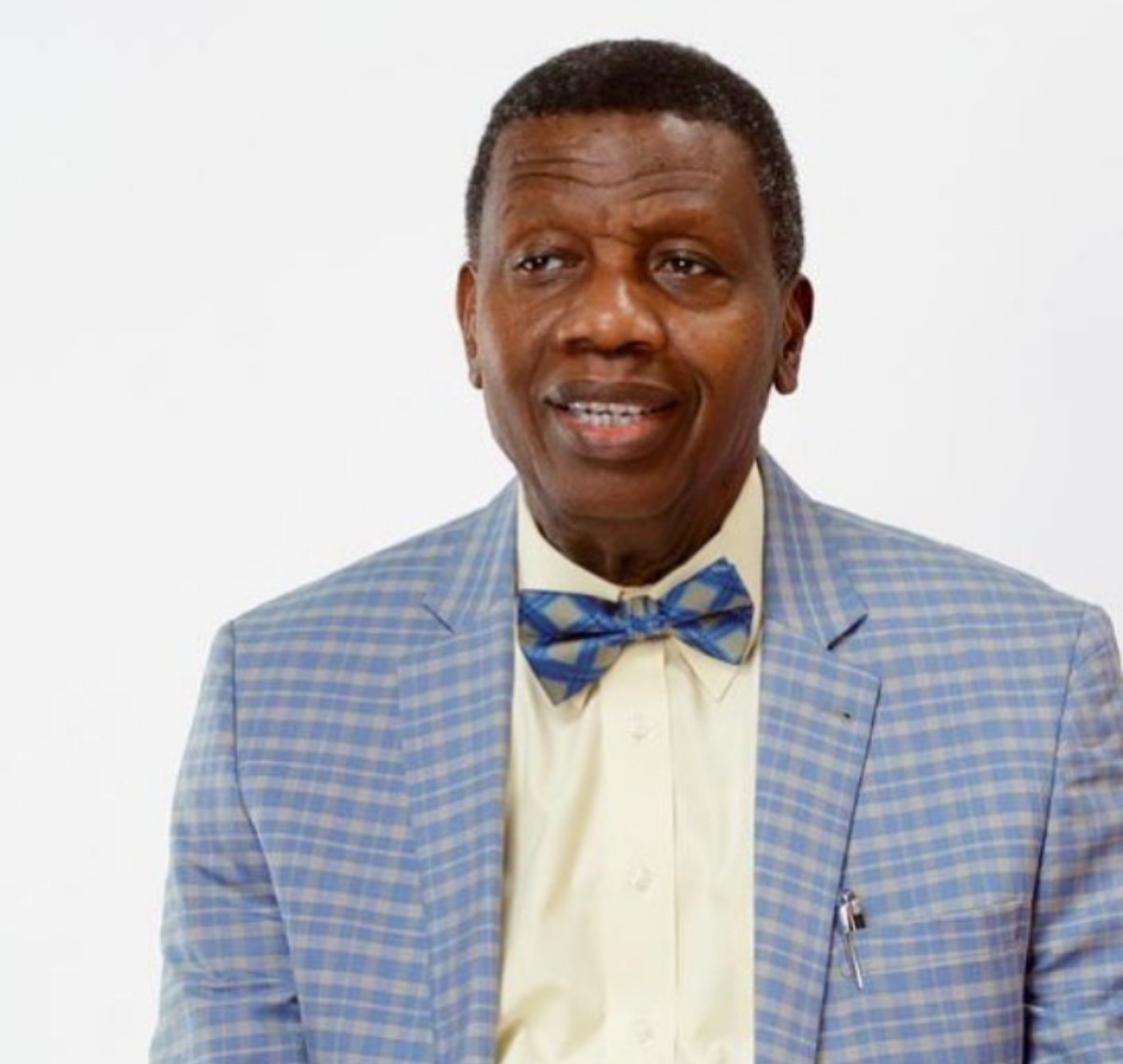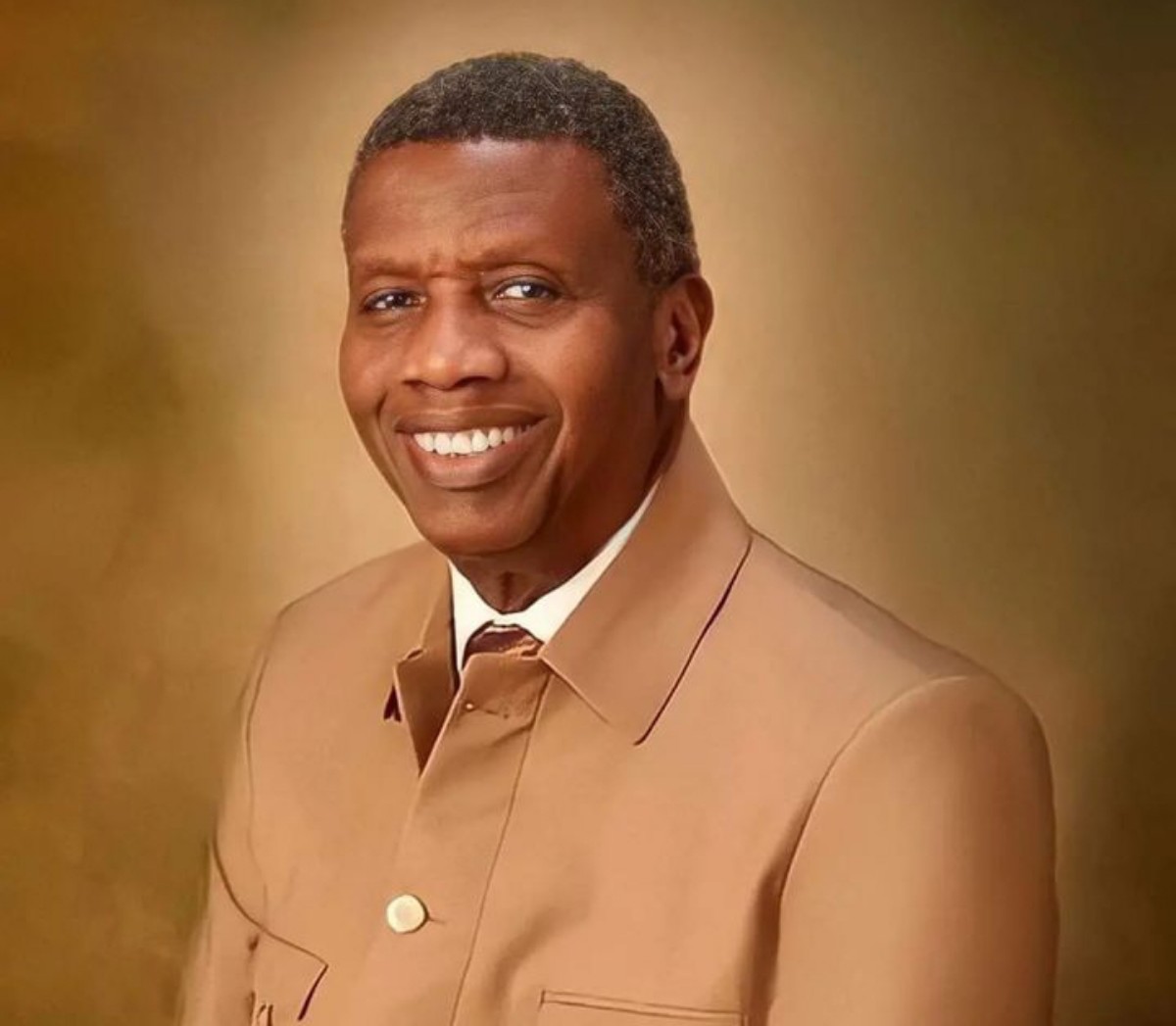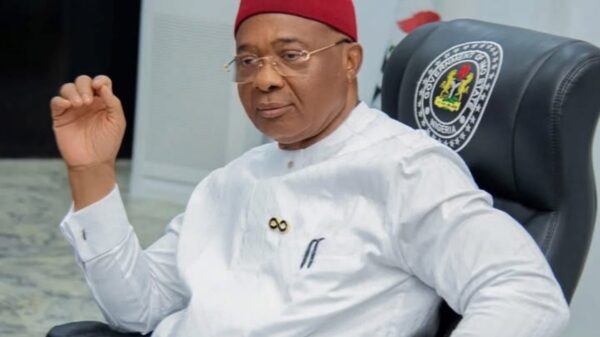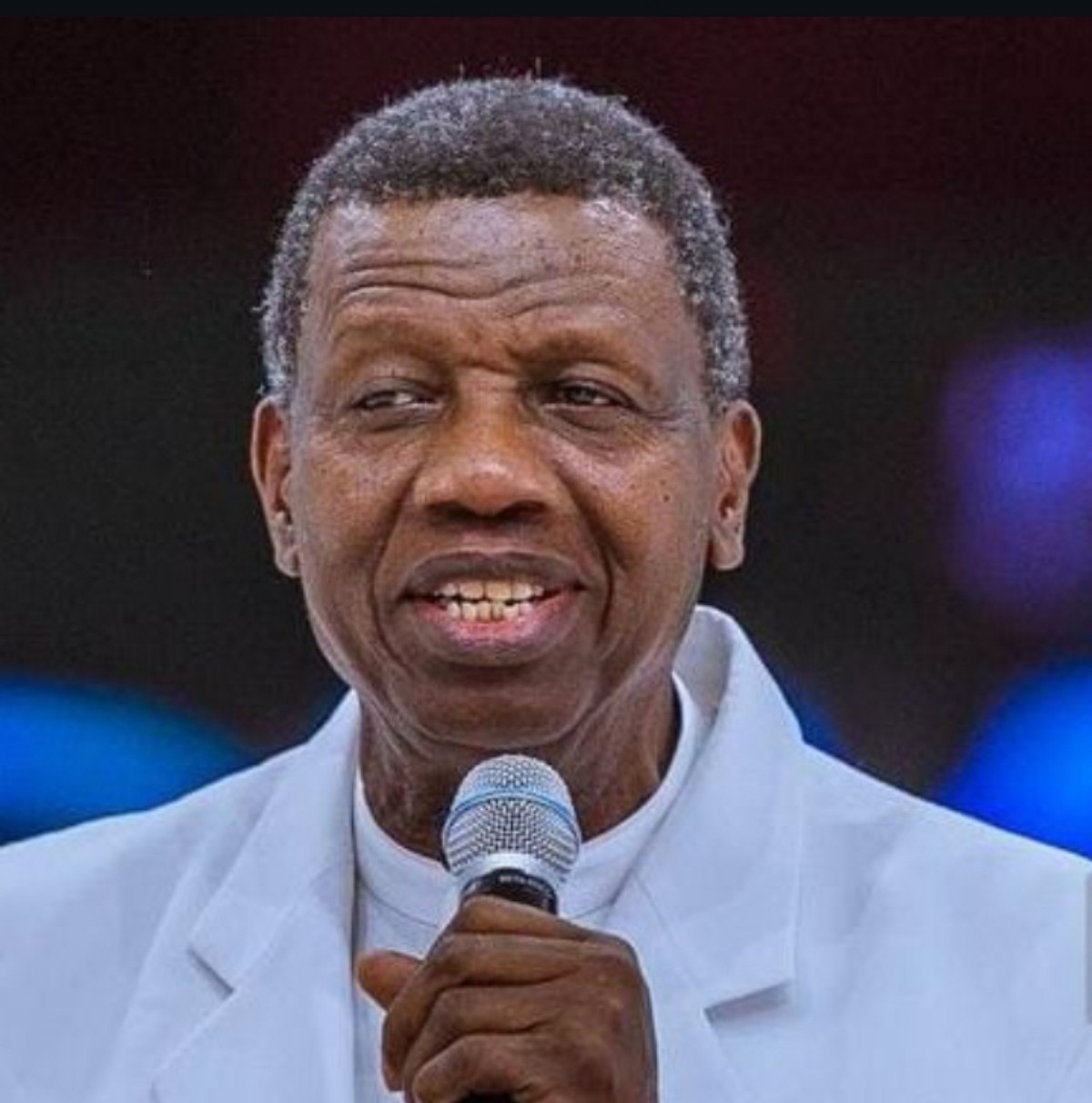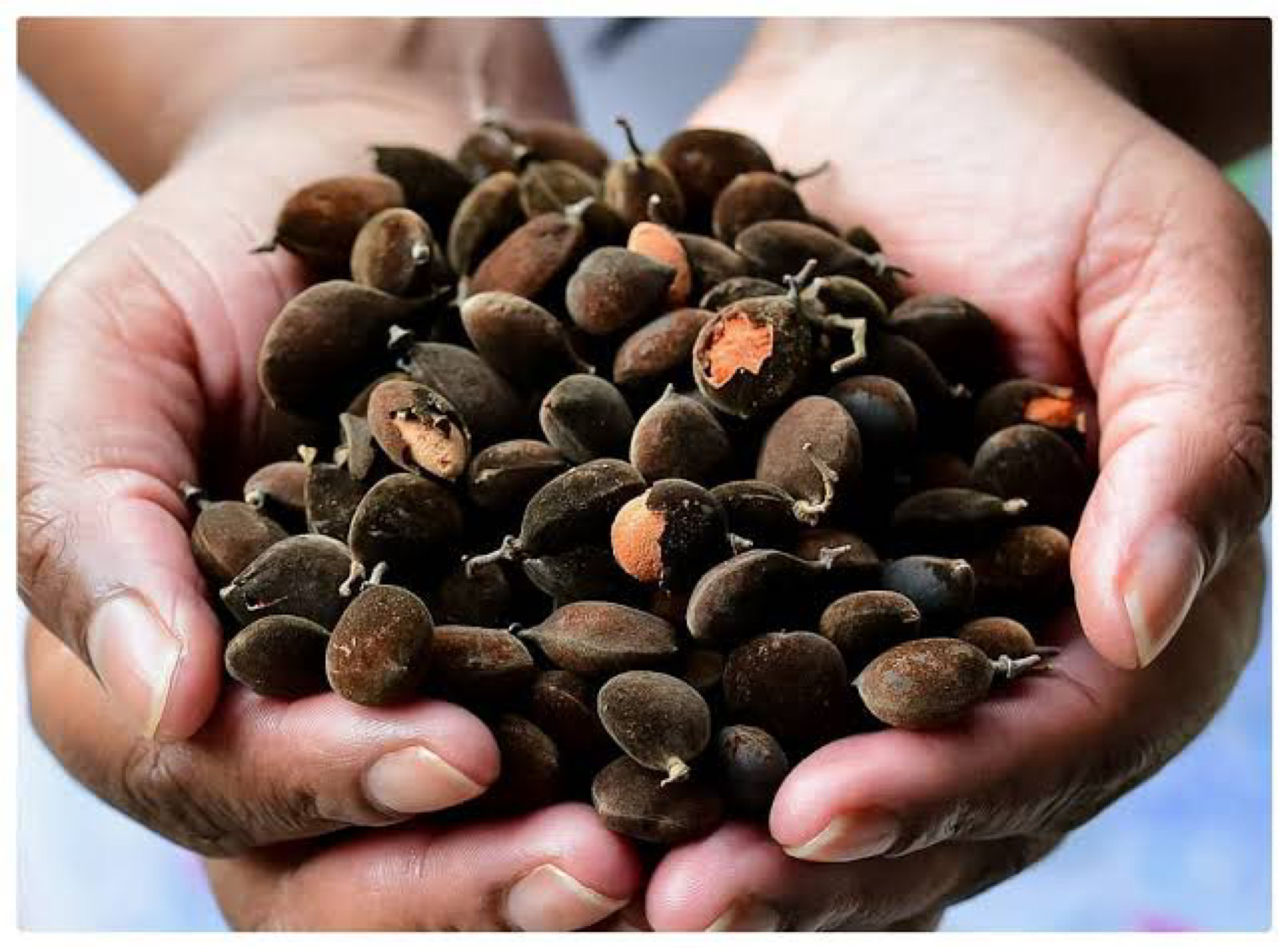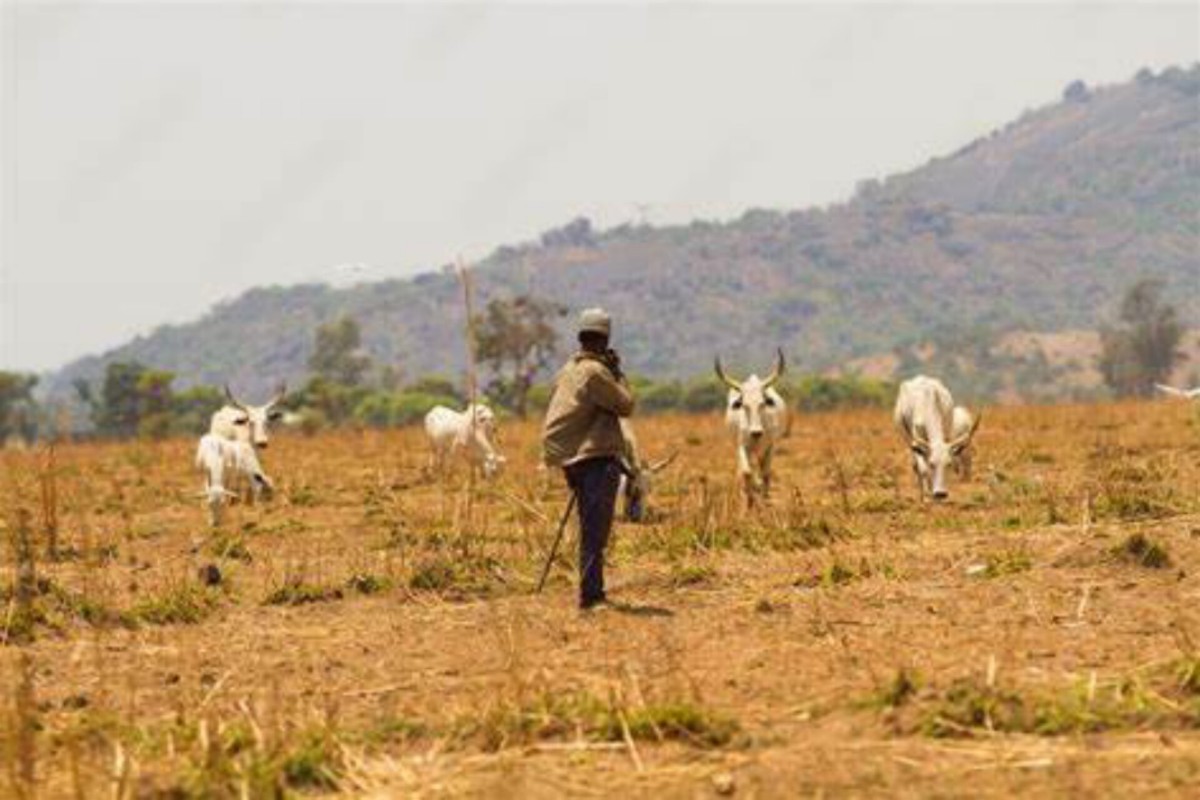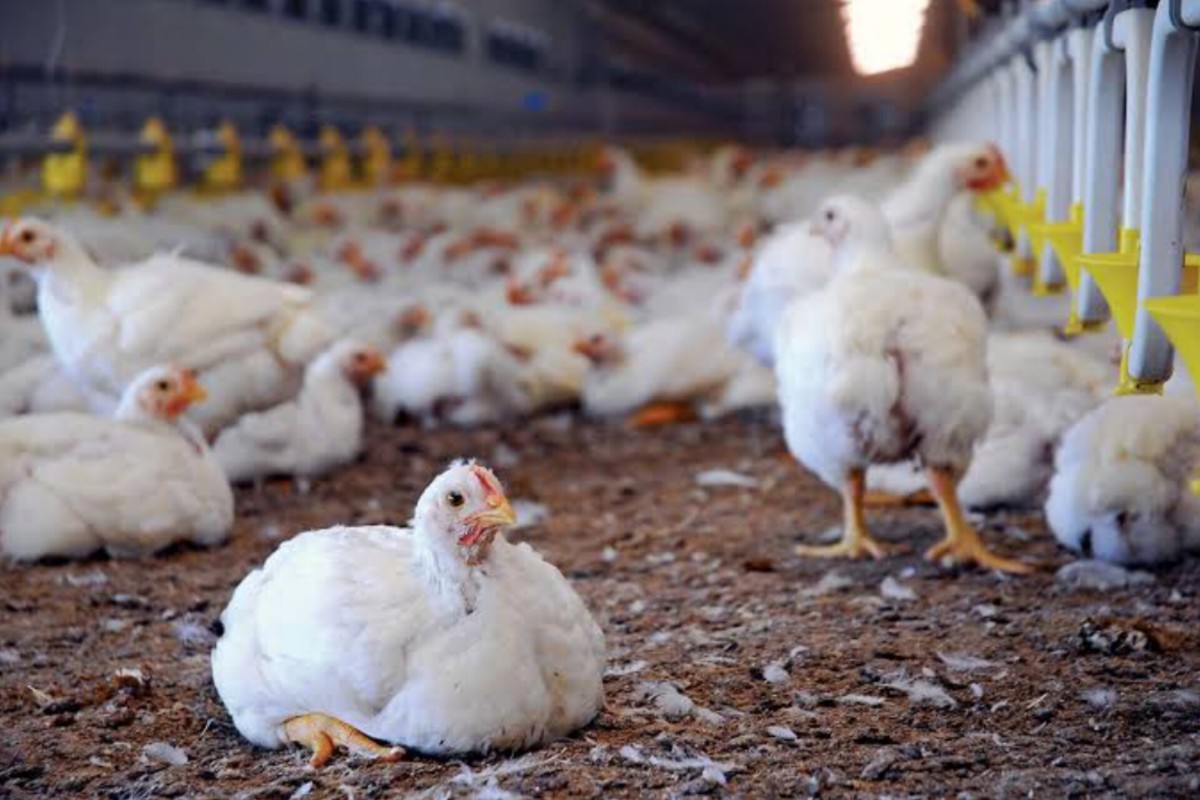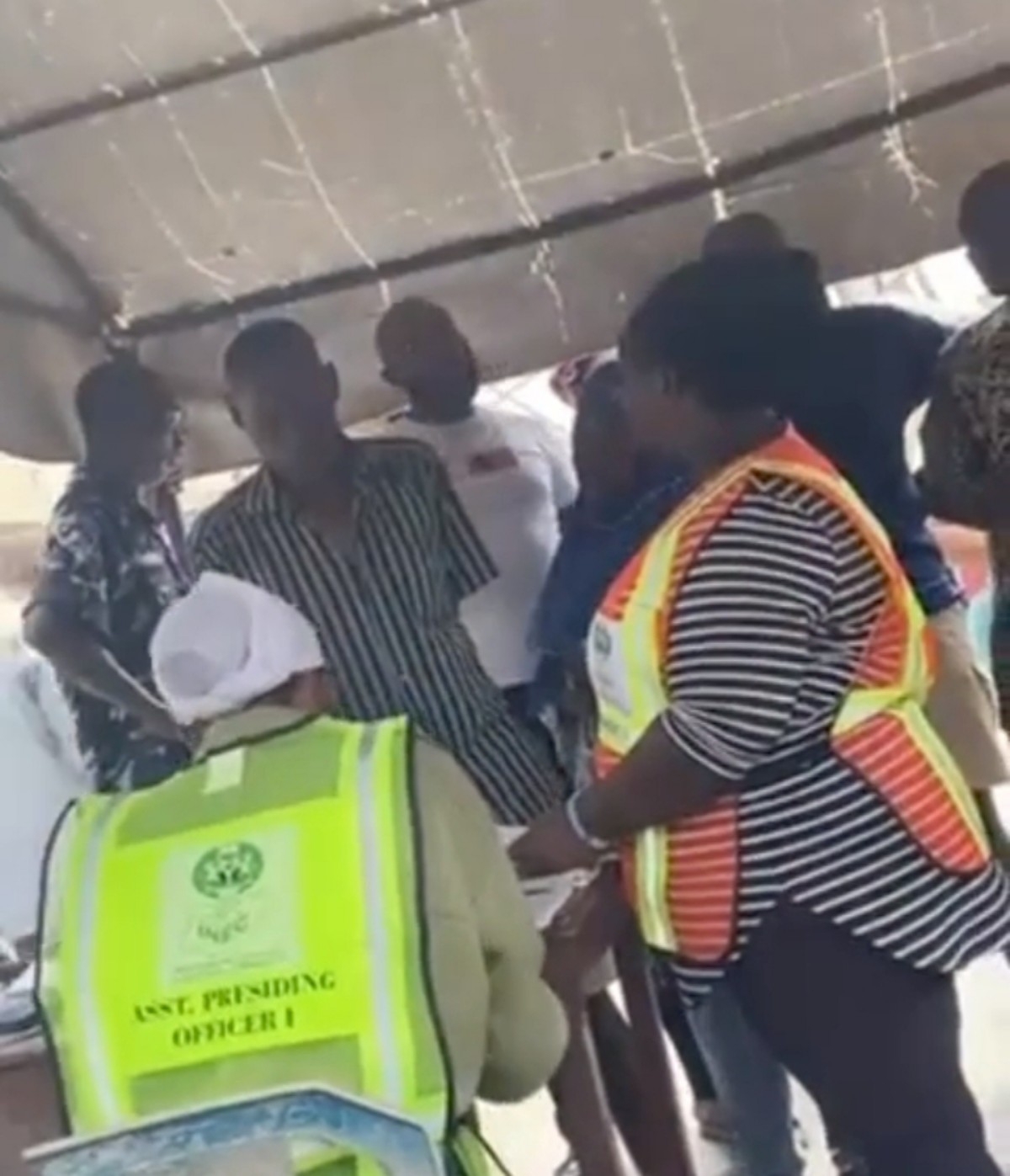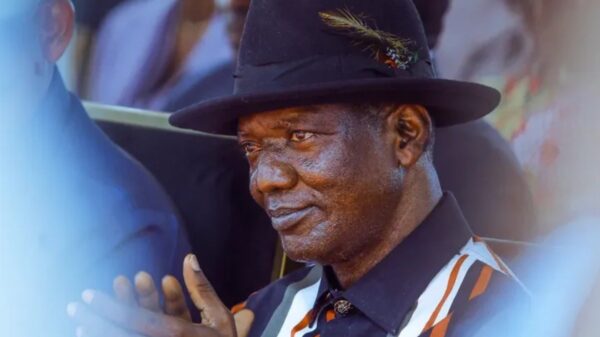
The Minister of State for Petroleum (Oil), Senator Heineken Lokpobiri, has stated that Nigeria will request the Organisation of Petroleum Exporting Countries (OPEC) to approve a 2 million barrels per day oil quota for the country. Nigeria currently has a quota of 1.5 million bpd.
Speaking during an interview by a team of journalists from the media team of the Nigerian Upstream Petroleum Regulatory Commission (NUPRC) in a special edition of its quarterly magazine to mark its 4th anniversary, Lokpobiri reiterated that Nigeria was doing 1 millions barrels when he took over, stressing that the country has now exceeded 1.7 million bpd.
According to him, there’s also a significant opportunity for Nigeria to grow these numbers, with the number of rigs that have been deployed as well as with the new investments that are taking place in the industry.
“You’re also aware that following the recent bid round, we’re also expecting some deep-water exploration and that will also add a lot to our barrel account. So, 1.7 million is still below what we expect based on what we budgeted for in 2025, still below that but we believe that we are getting towards there.
“The 1.7 million barrels we are producing today include condensate. Condensate is not counted in OPEC. Condensate is actually a higher quality of crude that even sells for a higher price than the conventional crude…
“So, we have to keep agreements and that is why our quota was pegged at 1.5 million bpd. But it’s subject to review from time to time and I believe that there’s no better time than now for us to make a strong case for Nigeria’s quota to be reviewed to 2 million and above. And because we have the capacity, we’re also going to show that we have capacity,” he stated.
Stressing that Nigeria also has a domestic crude supply obligation to meet, he stated that this output has been further eaten into by forward sales, explaining that the only way out is to raise crude oil production considerably.
“ Most of these barrels you see are already committed. Before this government came, we had forward sales. So, these barrels you see are already committed,” he added.
Before the passage of the Petroleum Industry Act (PIA, which the minister said brought stability to the regulatory framework in the oil and gas sector, he disclosed that there had been no investment for close to 10 years, because there was no stable regulatory framework.
According to him, one of the reasons Nigeria is doing 1.7 million barrels today is because, as a government, it has been able to put certain measures in place to curb pipeline vandalism and crude oil theft.
“Before we came, there was a big issue as to the integrity of our pipelines. So, even companies that could produce more were scared of producing up to the capacity that they could because the fear was that if you produce the crude into the pipeline, at the termination point, less than 10 per cent got there, because there were too many infractions along the way. That is no longer the case.
“I’m sure you must have heard the NNPC management team always saying that if you put crude oil in, you get 100 per cent at the terminal. That wasn’t the case a few years ago. That was one of the reasons why we were not doing higher volumes at that time,” he stated.
Without much stress, Lokpobiri stated that Nigeria can comfortably do 2.5 million barrels per day or more, even without any significant new investment, but blamed almost 500 oil wells that were shut during the sale of assets by the International Oil Companies (IOCs).
“Now they (local firms) also have a programme of re-entering those wells. So, I believe that going forward, the numbers will be increasing. Although there will be routine maintenance where they have to shut down some pipelines for maintenance; that could happen,” he pointed out.
He also blamed the ageing pipelines for some of the issues in the upstream, but said that the NNPC was in the process of getting investors to put their money in revamping the expired facilities.
“ Before now, part of the problem was that the pipelines had already expired. Most of the pipelines have been there for 60-70 years, their lifespan is gone, but we’re managing them. Since we were confronted with the issue of pipeline vandalism, there’s a bold step now to change some of those pipelines with a view to restoring the integrity of those pipelines,” Lokpobiri stated.
He bemoaned Nigeria’s high cost of oil production, which is above the global average, but noted that there were efforts to bring it down. “The cost of production is bound to be high depending on the circumstances.
“But today, we have taken steps to ensure that the cost of production is made competitive and the executive orders have been very helpful in ensuring that we take certain steps that will reduce the cost of per barrel production,” the minister noted.
Also speaking, Minister of State, Petroleum (Gas), Ekperikpe Ekpo, said that one of the significant achievements of the NUPRC has been the successful execution of the 2024 Licensing Round, which opened up 24 oil and gas assets to investors.
“This move has drawn in around $16 billion in investments, positioning Nigeria as a competitive player in the market. Additionally, the commitment from industry giants like ExxonMobil, which is putting in about $1.5 billion for deepwater exploration, underscores the growing investor confidence stemming from the regulatory reforms introduced under the PIA,” Ekpo noted.
He stated that the Nigerian government is fully aware of the challenges the gas segment faces and has made infrastructure development a top priority, highlighting that some of the key initiatives underway include the Nigeria Gas Infrastructure Blueprint, which focuses on expanding and upgrading pipelines, compression facilities and LNG terminals.
“By fostering partnerships and exploring innovative financing solutions, we’re working to close the infrastructure gap and ensure efficient gas transport to meet the country’s rapidly growing domestic demand, which is expected to rise at a compound annual growth rate of 16.6 per cent by 2030,” the minister said.
Over the last four years, he said that the NUPRC has made impressive progress in reducing gas flaring, primarily through the Nigerian Gas Flare Commercialisation Programme (NGFCP) and the zero routine flaring policy.
“ As of July 2025, the gas flaring rate has dropped to 7.16 per cent, down from 7.55 per cent in 2024, showcasing effective manage-ment alongside a boost in gas production,” he stressed .
However, to keep attracting investment, he stated that the NUPRC needs to improve regulatory clarity and operational efficiency, explaining that by simplifying the processes for permits and licenses, the NUPRC can boost investor confidence and encourage new capital inflows.
In his remarks, the Chief Executive of the NUPRC, Gbenga Komolafe, stated that the projected achievement of a 3 million barrels per day crude oil output was not a fluke, although it remains an ambitious target.
“Achieving 3 million barrels per day is indeed an ambitious target, but it is by no means a pipe dream: it is within our reach. Project One Million gave us a strong foundation, but we are not stopping there. Our strategy goes beyond incremental gains; it is about unlocking new frontiers, maximising existing assets and fast-tracking projects that can bring real barrels into the market.
“First, we are pushing aggressively into the frontier basins with massive exploration and data acquisition. Nigeria has enormous untapped potential in these areas and with advanced seismic data acquisition and carefully structured licensing opportunities, we are opening them up to both local and international investors. That means more exploration, more discoveries and ultimately, more production.
“Second, we are making it attractive for operators to deploy improved oil recovery (IOR) technologies in mature fields, as well as vigorously pursuing field life extension projects. Many of our producing assets still have significant volumes locked underground. With the right incentives and the right technology, we can extend the productive life of these fields and extract barrels that would otherwise remain stranded. This is low-hanging fruit that we cannot afford to ignore,” he argued.




